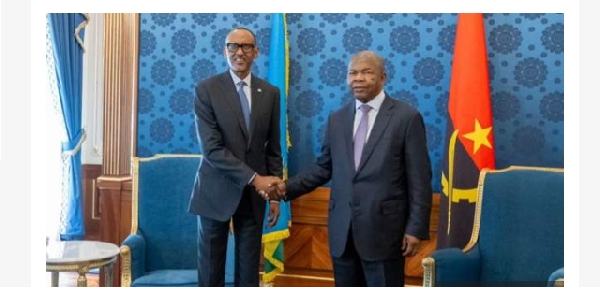Nigeria faces fuel shortages as subsidies are removed

Citizens in cities like Lagos and Abuja are now paying significantly higher prices, with rates soaring from 185 naira to as much as 600 naira per liter.
While the state oil company, NNPC, insists there is sufficient fuel supply and urges against panic buying, Nigerians express frustration over the scarcity, enduring long hours in queues to obtain the commodity.
During his inaugural speech, President Tinubu explained that the fuel subsidy was scrapped due to the lack of budgetary allocations, emphasizing that the system predominantly benefited the wealthy and had become increasingly costly to maintain. The immediate implementation of the subsidy removal remains uncertain.
Economists warn of the broader consequences resulting from the removal of subsidies, such as inflated transportation costs, increased production expenses, and elevated commodity prices. Nigeria, Africa’s second-largest oil producer after Angola, imports over 90% of its fuel requirements due to inadequate local refining capabilities.
Source: www.ghanaweb.com





